Get in touch
555-555-5555
mymail@mailservice.com
A Practical Guide to Determining Home Affordability

Do the Math
When embarking on your journey to find the perfect home, one of the most critical factors to consider is affordability. Before you start browsing listings and attending open houses, you need to determine how much you can realistically afford. Follow these steps to calculate a rough estimate of your home affordability based on your income alone.
Calculate Your Monthly Budget
Loan officers often recommend that you allocate no more than 25% to 30% of your monthly income towards housing costs. To calculate this, simply add up your total household income and multiply it by 0.30.
For example, if your monthly household income is $5,000:
$5,000 x 0.30 = $1,500
This means you can afford a maximum monthly mortgage payment of $1,500.
Check Your Credit Score
Your credit score plays a pivotal role in determining your eligibility for a mortgage loan and the interest rate you'll receive. It's essential to have good credit to secure favorable terms. Before approaching a lender, it's advisable to check your credit score.
You can obtain a free credit report once a year through AnnualCreditReport.com or contact one of the three national credit reporting agencies: Experian, Equifax, and TransUnion. If your credit score needs improvement, work on paying bills on time and reducing credit card balances.
Gather Financial Documents
Before using an affordability calculator or speaking with a lender, you'll need to gather essential financial information. This includes:
- Monthly and annual household income
- Credit score
- Existing debts (credit cards, car loans, student loans)
- Savings and investments (for your down payment)
- Property taxes for the area you're interested in
- Current interest rates
- Homeowners insurance costs
Having these details in hand will help you make accurate calculations.
Use an Affordability Calculator
Utilizing an affordability calculator simplifies the process of estimating the home price and monthly mortgage payment you can afford. If you've already compiled your financial information, this step becomes straightforward. Input your numbers into the calculator to obtain an estimate.
You can experiment with different loan term lengths and down payment amounts to see how they affect the loan amount and monthly payments. Additionally, the calculator will illustrate how much of each payment covers principal, interest, taxes, and insurance.
Determine Your Debt-to-Income Ratio
Mortgage lenders evaluate your debt-to-income ratio (DTI) to assess your eligibility for a loan. A lower DTI enhances your chances of loan approval. Ideally, you should aim for a DTI below 43%.
Calculate your DTI by dividing your total monthly debt payments by your total monthly income before taxes. For instance, if your monthly housing costs, car payment, student loan, and credit card payments amount to $1,400, and your income is $5,000 per month:
$1,400 / $5,000 = 0.28, or 28%
If your DTI is higher than desired, consider paying down debts to improve your financial profile. It's also a good idea to explore options and strategies with a lender to help you qualify for a mortgage.
Create a Comprehensive Budget
Now that you have an estimated price range, it's essential to narrow it down further by creating a detailed budget. Consider all your monthly expenses, including:
- Total monthly household income (including investments and alimony)
- Estimated monthly mortgage payment
- Homeowners insurance
- Utilities
- Car payments
- Student loans
- Average credit card payments
- Home maintenance costs (furniture, repairs, lawn care, homeowners association dues)
Your mortgage and other debts should ideally not exceed 36% of your total monthly income. For instance, if your household income is $5,000 and your monthly expenses amount to $500:
$5,000 x 0.36 = $1,800 - $500 = $1,300
In this case, you should consider a monthly payment closer to $1,300 than $1,500.
Factor in Fees and Closing Costs
Don't overlook the fees and closing costs associated with buying a home. These expenses typically range from 2% to 5% of the purchase price. They include:
- Appraisal fee
- Attorney fees
- Inspection fee
- Origination fee
- Underwriting fee
- Title fee
- Additional application-related fees
While sellers may sometimes cover a portion of these costs, it's crucial to include them in your budgeting process.
Determine Your Down Payment
Your down payment significantly impacts the affordability of your home, and the amount varies based on the type of loan you choose. A larger down payment can lead to lower mortgage rates, reduced monthly payments, and possibly a shorter loan term.
Some loans require as little as a 3% to 5% down payment, while others, like FHA and VA loans, may require even less or no down payment. Gift money from family or friends can contribute to your down payment, with certain restrictions.
Regardless of how much you can put toward a down payment, it's crucial not to deplete your savings entirely. Financial experts often recommend maintaining an emergency fund equivalent to three months of mortgage payments to cover unexpected expenses.
Calculate Your Mortgage
Once you've found a home you love and want to assess its affordability, use a mortgage calculator. Input the home price, down payment, credit score, and other relevant data to obtain a monthly rate and payment estimate. You can also experiment with different down payment amounts to fine-tune your results.
Get Prequalified or Preapproved
For a precise understanding of how much you can borrow, consider getting prequalified or preapproved for a mortgage. Prequalification provides an estimate based on your income, employment, credit, and financial information. To demonstrate your commitment as a buyer, especially in a competitive market, opt for preapproval.
To complete the preapproval process, you'll need to provide your lender with various financial documents, including W-2s, pay stubs, bank statements, retirement or investment account balances, and details of monthly debts.
By following these steps, you'll have a clear picture of your home affordability. When in doubt, opt for homes within the lower end of your range, ensuring you have enough financial security to cover various monthly expenses.
Q&A Section
Q1: What is a good rule of thumb for allocating income to housing costs?
A1: Financial advisors generally recommend allocating no more than 25% to 30% of your monthly income towards housing costs. This includes your mortgage payment, property taxes, and homeowners insurance.
Q2: How can I improve my credit score to secure a better mortgage rate?
A2: To enhance your credit score, focus on paying bills on time and reducing credit card balances. Regularly monitoring your credit report for errors and disputing inaccuracies can also help improve your score.
Q3: What should I include in my monthly budget when considering home affordability?
A3: When creating your monthly budget for home affordability, be sure to factor in not only your mortgage payment but also other expenses such as utilities, car payments, student loans, credit card payments, homeowners insurance, and home maintenance costs. Ideally, your mortgage and other debts should not exceed 36% of your total monthly income. It's also advisable to explore options and strategies with a lender to help you qualify for a mortgage.
Q4: What are typical closing costs when buying a home?
A4: Closing costs are typically in the range of 2% to 5% of the purchase price of the home. These costs include fees such as appraisal fees, attorney fees, inspection fees, origination fees, underwriting fees, title fees, and other application-related fees. While sellers may sometimes cover a portion of these costs, it's essential to budget for them when planning your home purchase.

© 2024 RCG
For licensing information, go to: www.nmlsconsumeraccess.org | www.goluminate.com | Please review our Disclosures & Licensing information. | Luminate Home Loans, Inc. is a wholly-owned subsidiary of Luminate Bank. Equal Housing Lender. For further information about Luminate Home Loans, Inc., please visit our website at www.goluminate.com. Luminate Home Loans, Inc. NMLS#150953.
Corporate Headquarters: 2523 Wayzata Blvd. S. Suite 200, Minneapolis, MN 55405
Do Not Sell My Personal Information Privacy Policy | Disclosure & Licensing










